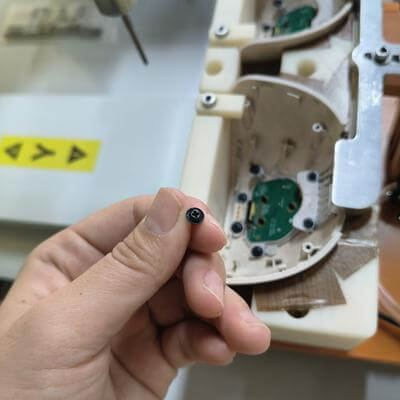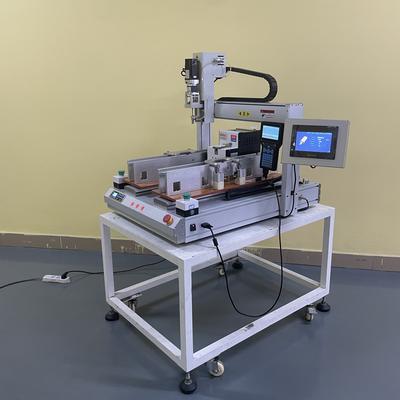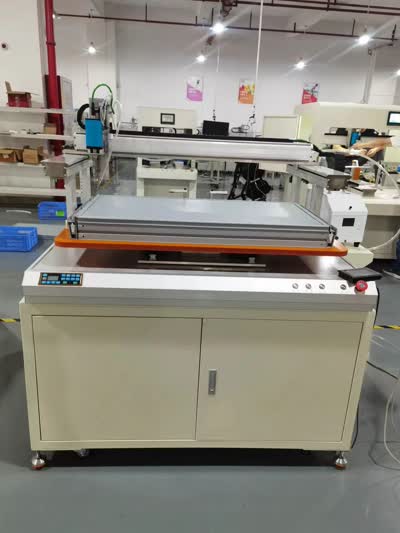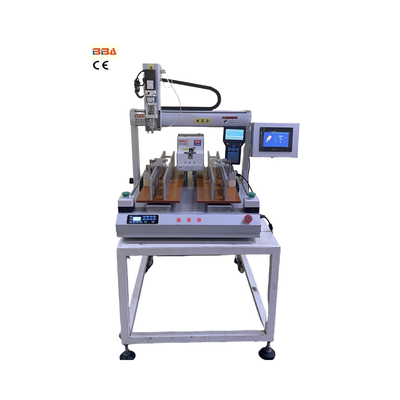Smart Screw Robots in Manufacturing | Automotive Automation Solutions
| Product Name | Applicable industries |
| Smart Screw Driving Machine | Automotive Electronics Assembly |
The Role of Screw Robots in Smart Factories
Smart factories are revolutionizing the manufacturing landscape by integrating advanced technologies such as automation, artificial intelligence, and the Internet of Things (IoT). Among the key innovations driving this transformation are screw robots, which play a crucial role in enhancing efficiency, precision, and flexibility in production processes. These robots are designed to automate repetitive and labor-intensive tasks, ensuring consistent quality while reducing operational costs.
One of the primary advantages of screw robots is their ability to perform high-speed and high-precision screwdriving operations. Whether it's assembling electronic devices, automotive components, or industrial machinery, these robots ensure that every screw is fastened with exact torque and alignment. This eliminates human error and minimizes the risk of product defects, contributing to higher overall productivity.
In smart factories, screw robots are often integrated into flexible production lines, where they can quickly adapt to different product designs and assembly requirements. With programmable logic controllers (PLCs) and real-time monitoring systems, these robots can switch between tasks seamlessly, reducing downtime and improving workflow efficiency. Additionally, their compatibility with IoT platforms allows manufacturers to collect and analyze performance data, enabling predictive maintenance and continuous process optimization.
Another significant benefit of screw robots is their contribution to workplace safety. By automating hazardous or ergonomically challenging tasks, they reduce the risk of injuries and improve working conditions for employees. This is particularly important in industries where repetitive motion or exposure to heavy machinery can lead to long-term health issues.
As smart factories continue to evolve, the demand for advanced automation solutions like screw robots will only grow. Their ability to enhance precision, efficiency, and safety makes them indispensable in modern manufacturing. By leveraging these technologies, businesses can stay competitive in an increasingly digitalized industrial environment.



